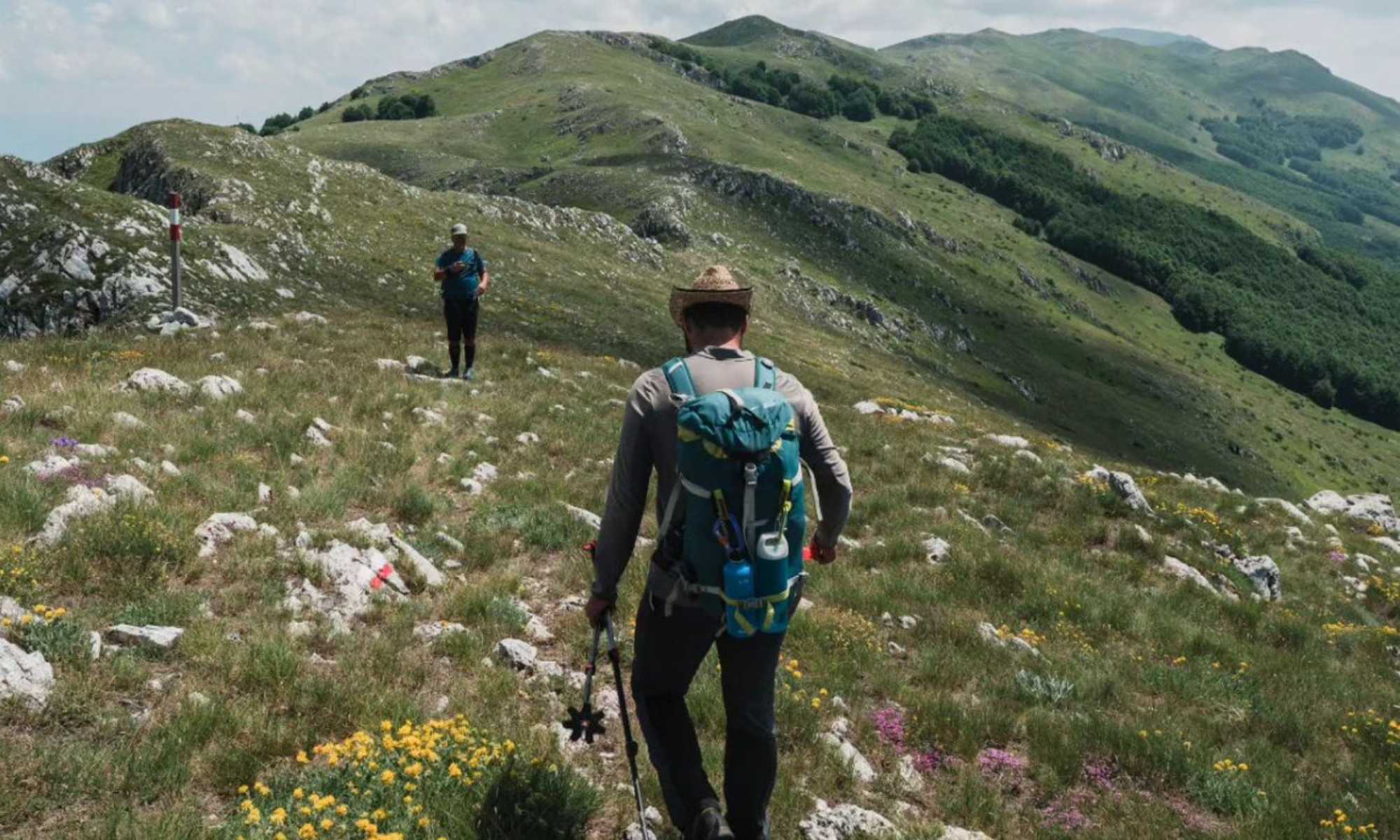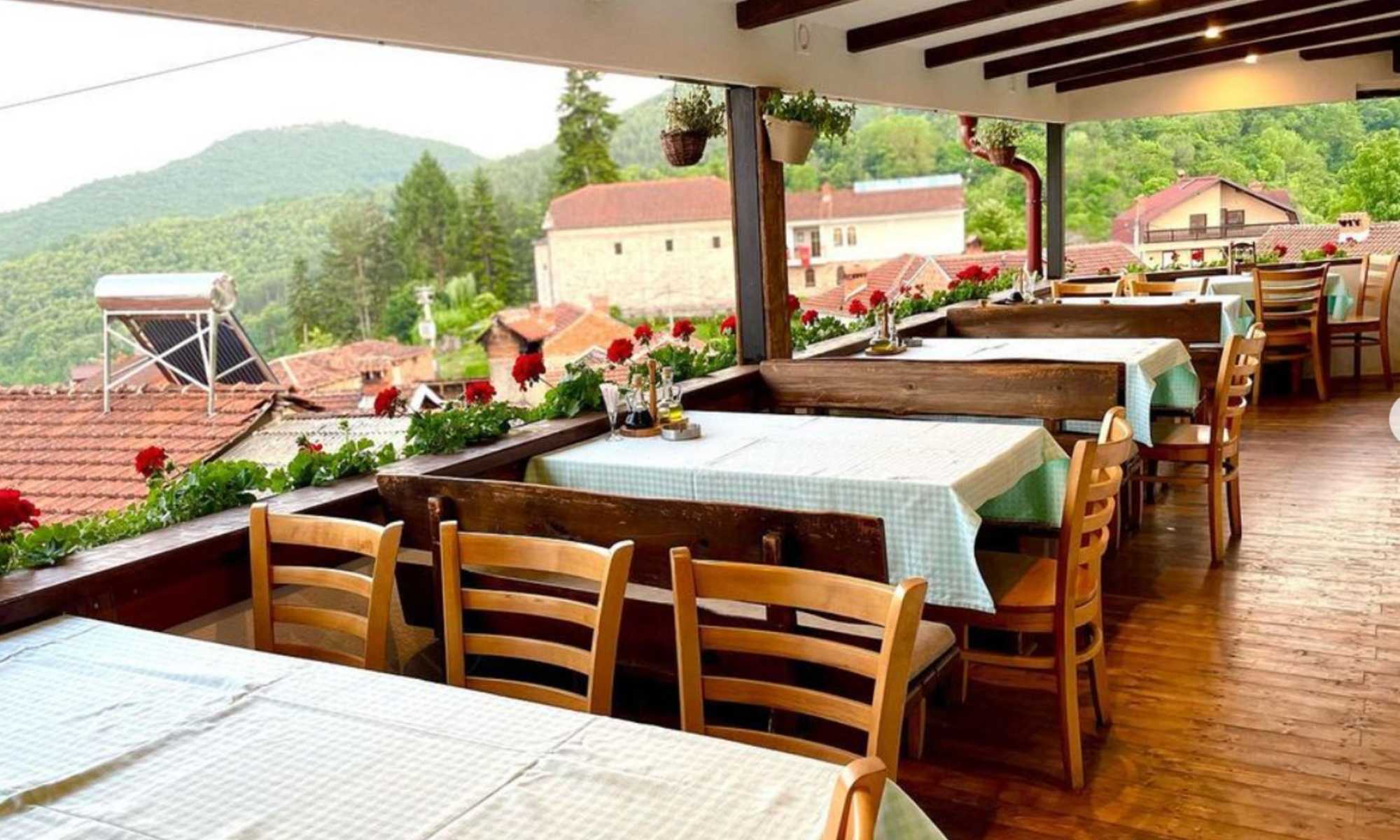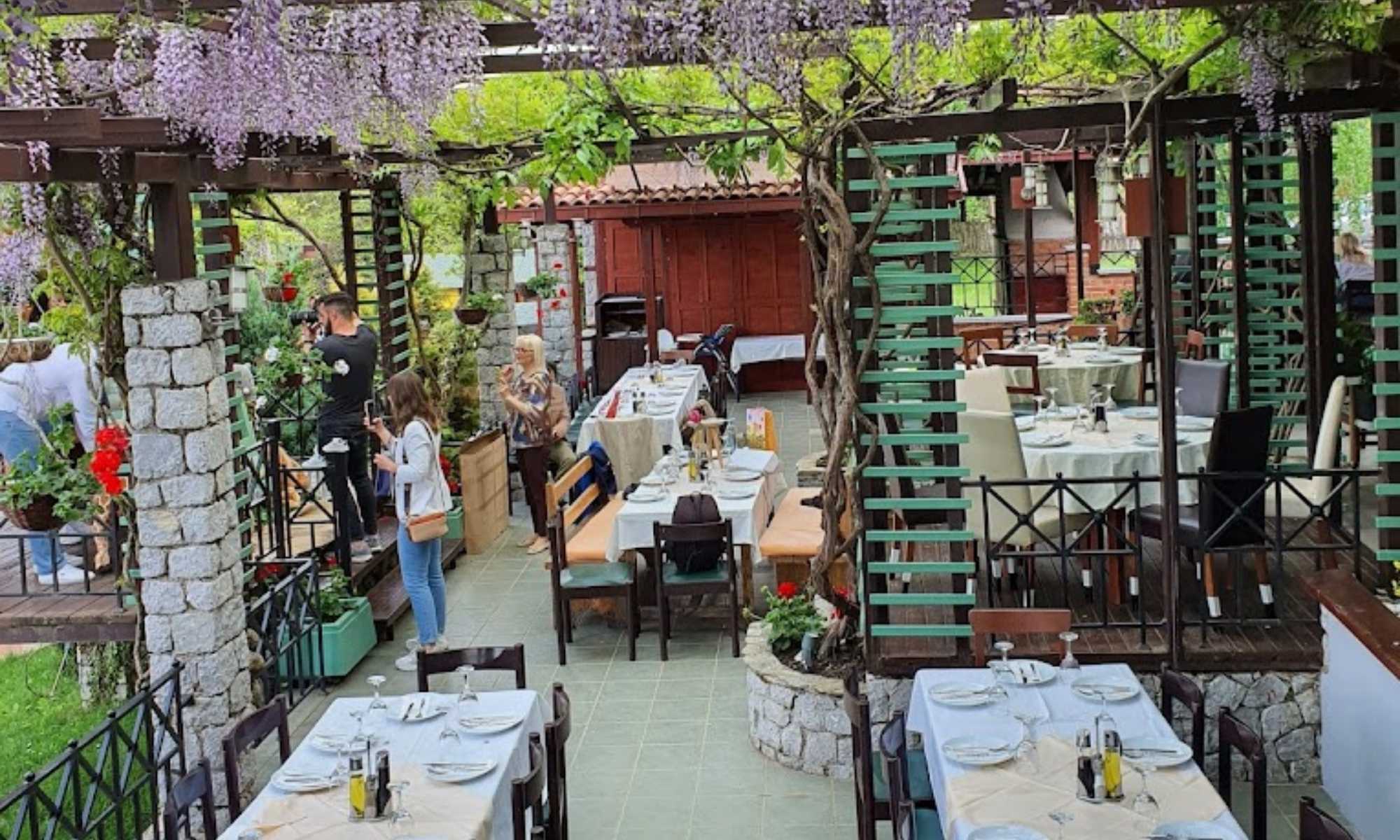Republic of North Macedonia
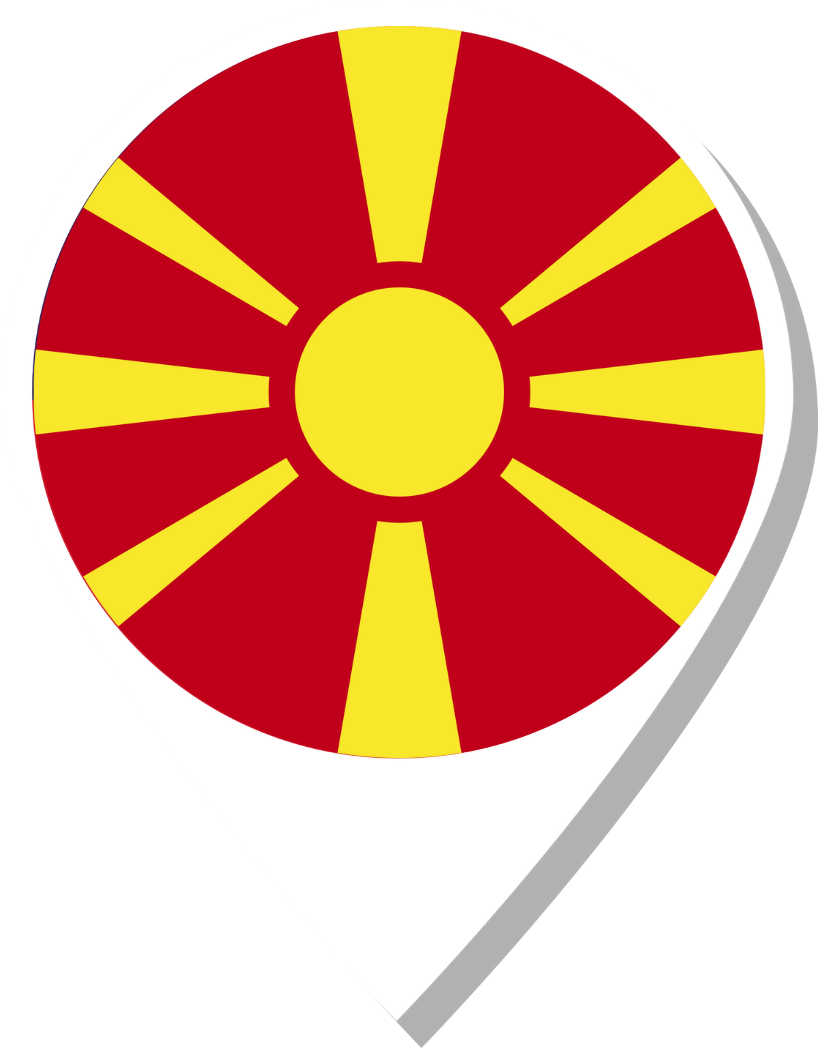
NORTH MACEDONIA, officially the Republic of North Macedonia, is a country in Southeast Europe. North Macedonia is bordered by Kosovo to the northwest, Serbia to the north, Bulgaria to the east, Greece to the south, and Albania to the west.
Not sure where to go?
Explore the options for a responsible trip
GOOD PLACES TO VISIT
Explore destinations that were certified for their sustainability efforts
GOOD TRAVEL BUSINESSES
Discover accommodations, restaurants, shops and activities that are committed to sustainability. Their efforts are summarised in a SCORECARD (click on the picture). For the Good Travel Seal, the higher the number of stars or the level (level 3 is the highest), the more aspects of sustainability are checked by an independent auditor.
GOOD PRACTICE STORIES

Get inspired with stories from places and people that are acting for a fair and responsible tourism
Vevcani Municipality
Sustainability
Sustainability has gained increasing importance in the Republic of North Macedonia as the nation struggles with environmental and economic challenges. is implementing initiatives in waste management and recycling to reduce its environmental footprint. Preservation of its unique natural assets, such as the Ohrid Lake region, designated as a UNESCO World Heritage site, is a priority, with a focus on responsible tourism practices and conservation.
Travel tips from our editors
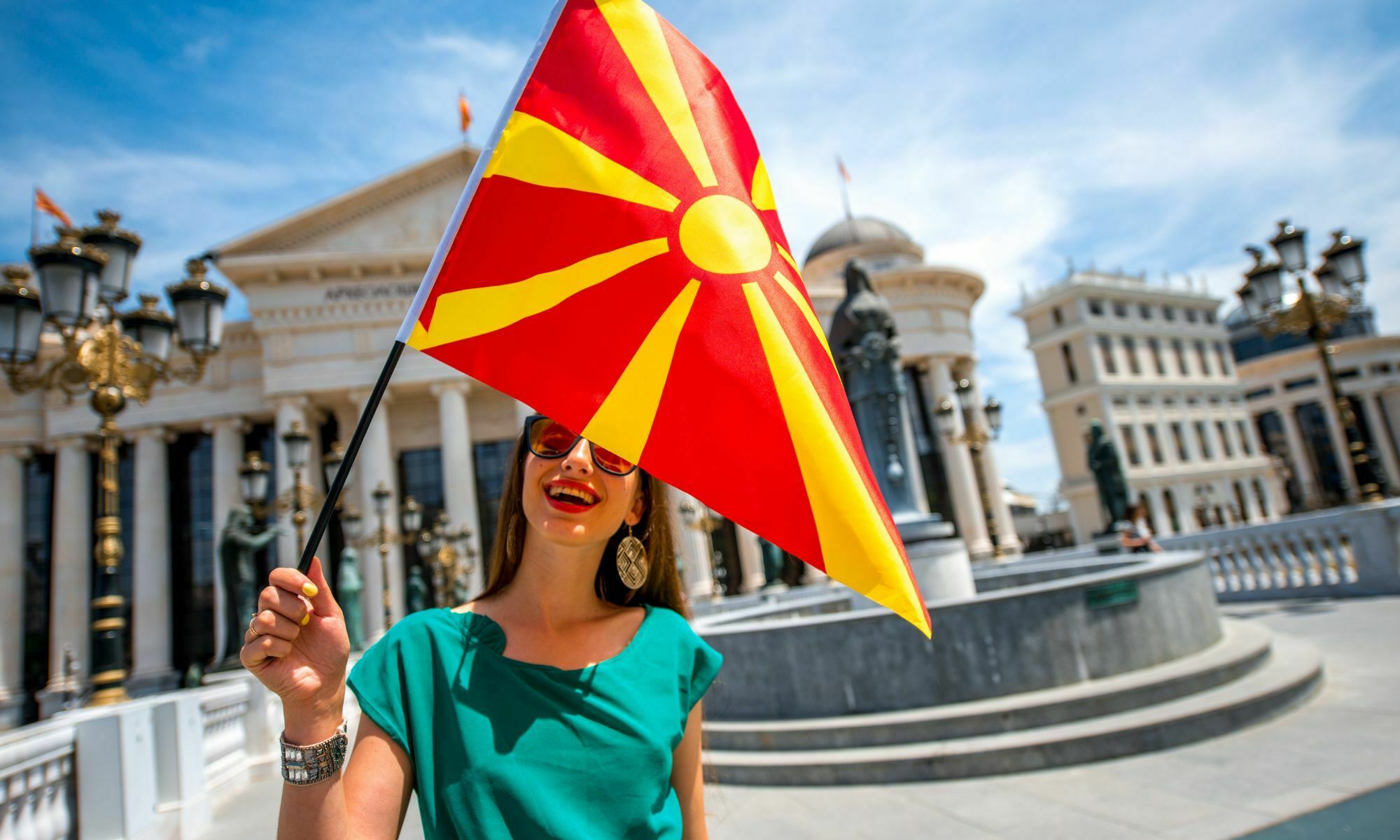
Getting around
Getting around the Republic of North Macedonia is facilitated by its relatively compact size and transportation options. Buses are a reliable and affordable means of intercity travel, connecting major towns and regions. The train network connects key cities, offering a unique way to experience the country’s landscapes. Additionally, walking is an enjoyable way to explore city centers and historic sites.
Tourism & People
Whether you’re hiking in the pristine landscapes of Galichica National Park or savoring traditional dishes in a local village, the genuine hospitality of North Macedonians adds depth and authenticity to the tourism experience. Visitors are able to explore the country’s rich cultural heritage in cities like Skopje and Ohrid, where ancient architecture and UNESCO-listed sites abound.
Nature & Wildlife
North Macedonia’s mountainous northwestern regions feature extensive forests with diverse vegetation. These forests provide habitats for a variety of wildlife, including bears, lynxes, and numerous bird species, particularly around lakes Ohrid and Prespa. The country’s commitment to conservation, notably in Shar Mountains and Mavrovo National Park, safeguards its rich biodiversity and pristine landscapes, making it an attractive destination for nature enthusiasts and wildlife lovers.
Sustainability Recognitions
Brazil has 9 destinations featured in the Top 100 Sustainable Destinations 2021.
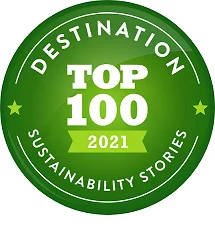
Other sustainability certifications can be seen here (English) and here (Portuguese).

Fernanda Rodak | Page Editor
“Brazil is a worldwide known hotspot for biodiversity as well as home to a multitude of cultural expressions. The natural and cultural heritage and immense variety of tourism experiences in the country are valuable assets for its competitiveness. Yet, as we envision a post Covid-19 era, sustainability in tourism becomes crucial to build resilience and guarantee the long-lasting health of Brazil’s ecosystems and well-being of the hosting communities. This would also ensure an active contribution of the country’s tourism sector to the Sustainable Development Goals.”
Visit other destinations nearby?
Get in touch
Support
We are a multicultural, creative and dedicated team working to promote sustainable tourism. Join us in our fight against the climate crisis, single-use plastics and over-tourism!

